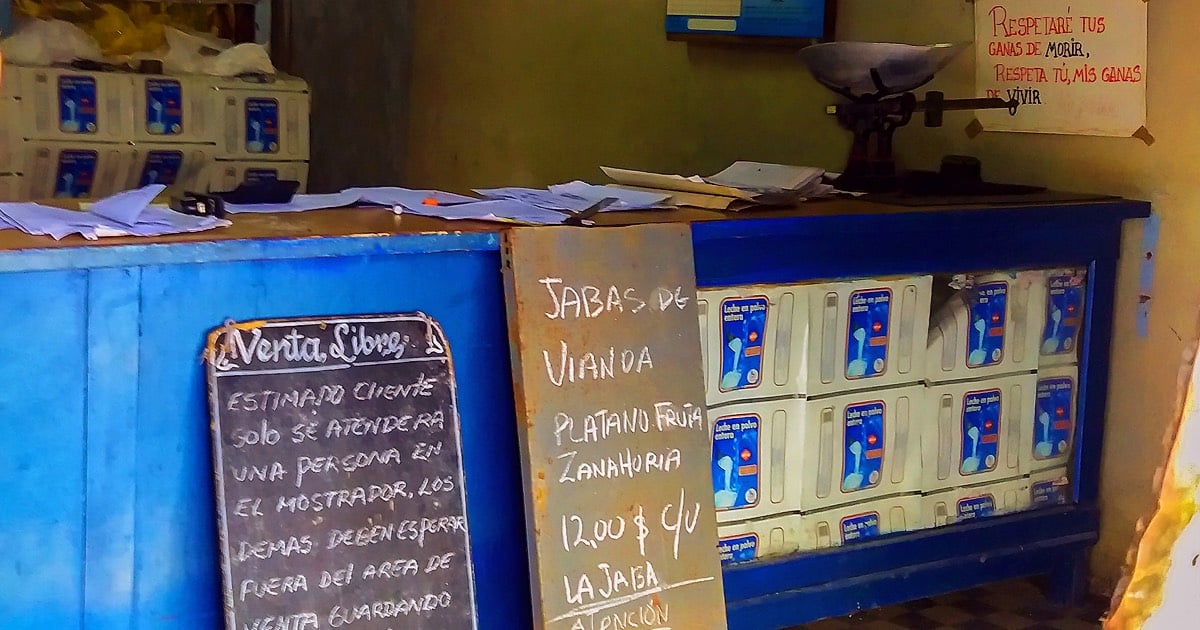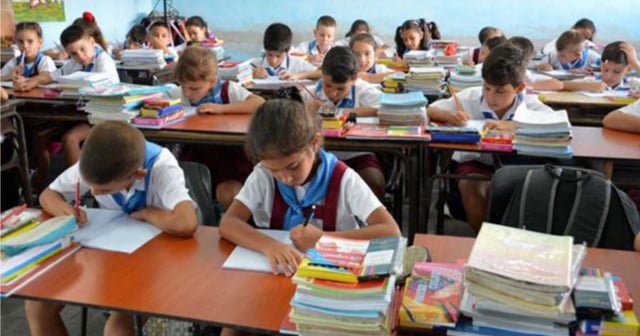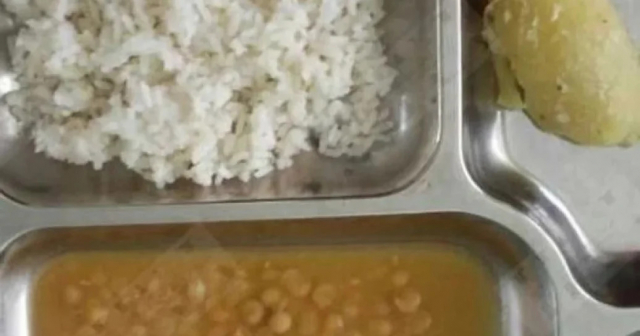
Neither coffee nor oil, nor beans, nor toothpaste in October. This is the blunt statement from the newspaper Invasor, from Guantánamo, which in its edition of October 9 has dedicated an article to the "update of the regulated family basket" in the province, describing the situation of the distribution of state-subsidized food within "a complex landscape."
And this complexity arises because although September is now in the past, there are still products that should have arrived at the warehouses a month ago, and for now, they are neither there nor expected. The official press sums it up like no one else with a euphemism: "The arrival of the two pounds of rice that complete the planned 7 is still pending for the province."
The elimination of coffee and oil in October is not news. They were also not distributed in September, and Minister Betsy Díaz Velázquez did not lose her composure when announcing in the state media that they had not planned "for the month of September, just as there was none in August, neither oil nor coffee."
It is also not news that they do not distribute toothpaste. Information from the Ministry of Domestic Trade (MINCIN) published on September 16 about the distribution of products in the regulated family basket revealed that residents of Havana have not received their corresponding quota of toothpaste since March.
In Guantánamo, for its part, two pounds of sugar, 10 ounces of peas per person, and the salt corresponding to the quarter from September to November have been distributed.
There are other products that have only reached less than half of the territory. Out of the ten municipalities in Guantánamo, only four (Caimanera, Maisí, Baracoa, and Niceto Pérez) have received in their warehouses compote, 230 grams of ground meat, and five eggs per person per month. The other six locations are still waiting. The distribution of kerosene is even worse, having only reached 50% of Yateras, while the rest of the province is still waiting.
The situation is more delicate with powdered milk, because the available supply only covers 10 days, and bread flour is similarly limited: it only lasts for two days, according to the state-run press, which concludes an article filled with bad news for consumers who rely exclusively on rationed products with a terrible outcome: "According to the policy approved for the month by the Ministry of Domestic Trade (Mincin), there will be no distribution of coffee, oil, beans, and toothpaste."
And this is exactly what the Mincin denied on September 30 when it stated on its X (formerly Twitter) profile that products would not be removed from the regulated basket. However, the newspaper from Guantánamo confirms that there will be no coffee, oil, beans, and toothpaste in October. They have evidently been removed from the monthly distribution list, despite the ministry's denial.
But this restriction on coffee, oil, beans, and toothpaste has not been made public by Mincin on its social media. However, it aligns with decisions made by the Cuban regime, amid its lack of liquidity, in light of the drop in income in key sectors for the Cuban economy, such as tourism, which lost travelers in the first half of this year compared to the same period last year.
In the midst of the terrible economic crisis shaking the Island, the Cuban regime announced in September the reduction of the size of the bread in the basic basket, which starting from the 13th of that month began to weigh 60 grams and cost 75 cents. This is due, they said from the Ministry of Food Industry, to the low availability of flour.
And in the midst of this precarious situation, the Cuban ruler Miguel Díaz-Canel recently insisted on the most important idea of “continuity”: that the responsibility for ensuring that citizens have their basic needs met falls on local governments and not on the leaders who control the centralized and planned economy of the communist regime.
During a visit in June to the Naranjo Popular Council in the municipality of Majibacoa, he stated that there was "enough land" in the area to produce its own food and urged to "fight" for self-sufficiency in food instead of "thinking about what will come in the basket."
What do you think?
COMMENTFiled under:






